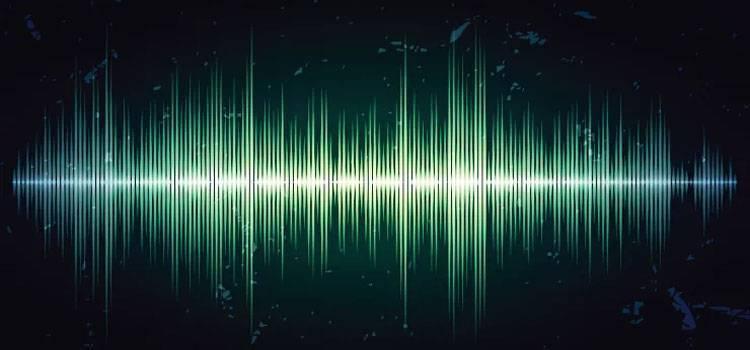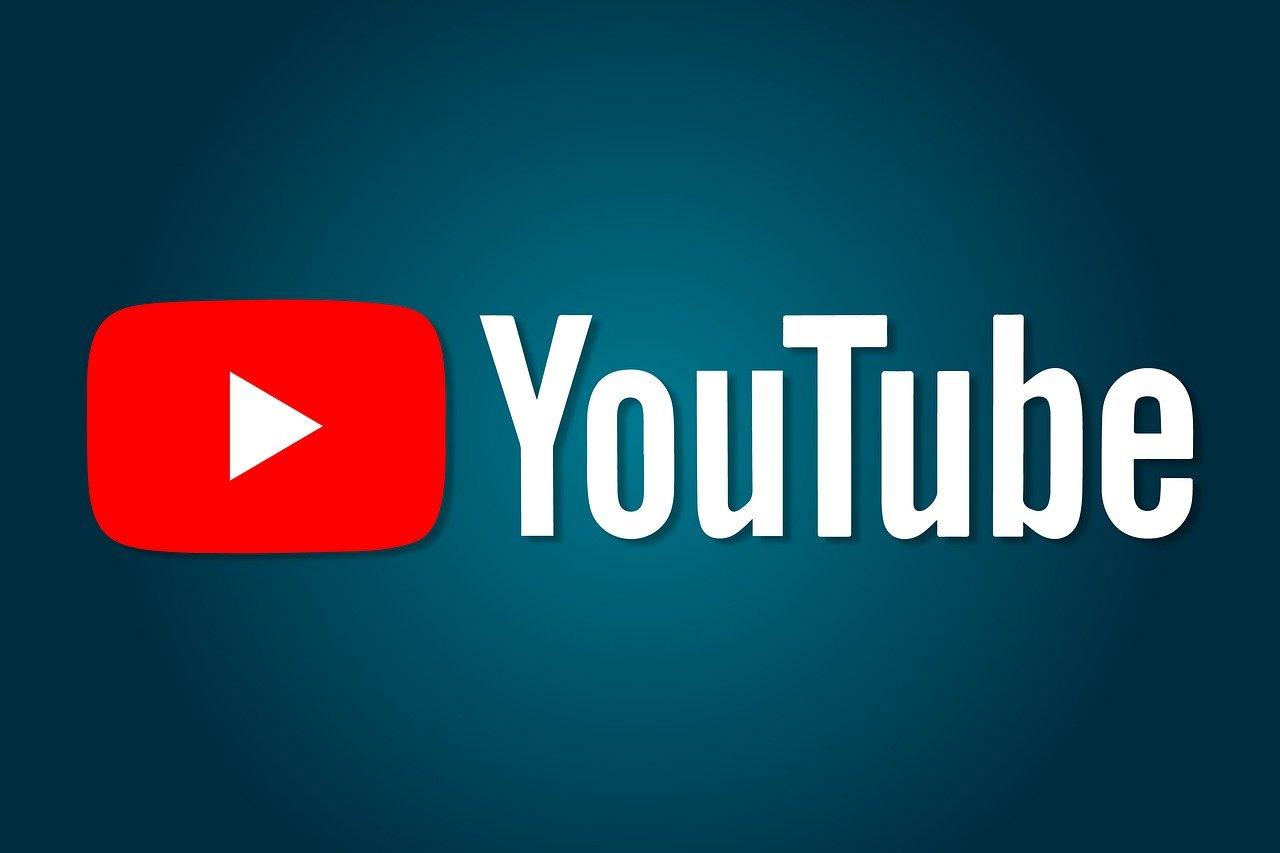Ever had one of those cringe-worthy moments when your voice cracks or goes all squeaky while you’re pouring your heart out on YouTube? Yep, it’s a rite of passage for all creators, and let’s be honest, it can feel like a mini disaster in the moment. But don’t sweat it! We’ve all been there, and you’re definitely not alone. Instead of letting that awkward moment haunt your video forever, why not turn it into something memorable? In this article, we’ll dive into what to do when your voice decides to play tricks on you—and even how to embrace those hiccups like a pro. So grab your favorite beverage, sit back, and let’s navigate this together.
Navigating the Awkward: Understanding Why Your Voice Might Crack on Camera

When you’re on camera, the pressure can feel like a thousand eyes trained on you, casting an unforgiving spotlight. And just when you think you’re nailing it, your voice might decide to betray you, cracking unexpectedly like a high school kid going through puberty again. This can happen for a bunch of reasons—it could be anxiety, lack of hydration, or even just the natural fluctuations of your vocal cords. Think of it like trying to ride a bike uphill; sometimes, the gears just jam, and you can’t push through smoothly. The key is not to let that hiccup pull you down a rabbit hole of self-doubt. Instead, embrace it! A little humor can lighten the mood and make your audience feel more connected to you. After all, we’ve all been there, right?
To help you navigate these awkward moments, consider these tips to keep your cool and regain your vocal control:
- Stay Hydrated: Drink water before and during filming to keep your vocal cords happy.
- Warm Up Your Voice: A few simple vocal exercises can make a world of difference.
- Practice Mindfulness: Take a moment to breathe deeply and center yourself. A calm mind leads to a steady voice.
- Own It! If a crack happens, acknowledge it and move on; it shows your authenticity.
By understanding the reasons behind those unexpected voice cracks and preparing yourself with a few strategies, you can turn potential flubs into moments of charm. It’s all about showing your personality and welcoming your audience into your journey, imperfections and all. Remember, even the world’s best speakers have had their off days—it’s what makes us human!
Embrace the Imperfection: Tips for Turning Voice Leaks into Engagement

When a voice leak happens during your YouTube video, it can feel like an audio train wreck. But rather than curling up in embarrassment, why not lean into it? Imperfections can actually humanize you, making your audience feel more connected. Here are some tips to transform those voice leaks into genuine engagement:
- Acknowledge it: Don’t ignore the blunder. Simply laugh it off! Maybe share a funny story about how voice cracks haunted you during puberty.
- Invite interaction: Ask your viewers if they’ve ever had a cringeworthy moment. This can ignite hilarious stories and create a community vibe.
- Create a catchphrase: Turn your voice leak into a brandable meme. Something like “Oops, my vocal cords just had a mind of their own!” could stick!
Ultimately, these little slip-ups are just like those quirks your friends adore—what’s perfect about your content is your authenticity. Think of it this way: if every great artist waited for perfection, we’d still be living in a world without any raw, beautiful jazz. Embracing imperfection adds flair and keeps your audience craving more. Here’s a quick table to inspire your mindset:
| Voice Leak | Engagement Opportunity |
|---|---|
| Unexpected pitch shift | Start a poll on favorite voice crack moments |
| Unintentional mumble | Host a “guess what I said” challenge |
| Stutter or stumble | Share a blooper reel as a separate video |
Quick Fixes for Recovery: How to Regain Your Composure Mid-Stream

Picture this: you’re deep into your YouTube live stream, sharing your most passionate thoughts, and suddenly—bam!—your voice cracks or, worse, goes all wobbly on you. It can feel like you’ve just hit a pothole on the highway, but instead of panicking and veering off course, there are quick and easy ways to steer back to safety. First things first, take a deep breath; it’s your best friend in these situations. Protective techniques like sipping water or having a lozenge on standby can work wonders, keeping your throat hydrated and your confidence intact. If your voice plays hide-and-seek, try using some simple vocal exercises to warm it up. Just a quick “mmm” or a gentle hum can reset your vocal cords faster than you can say “subscribe.”
Have some tricks up your sleeve for those unexpected voice failures? Here are a few to keep in mind:
- Pause for effect: Use a brief pause to collect your thoughts and give your voice a moment to recover.
- Vocal placement: Try to speak from your diaphragm instead of your throat to maintain better tone and control.
- Use hand gestures: This keeps your audience engaged, distracting from any vocal mishaps.
| Tip | Benefit |
| Deep Breaths | Calms nerves and stabilizes voice |
| Room Temperature Water | Soothes vocal cords quickly |
| Positive Affirmations | Boosts confidence and keeps you focused |
Keep the Flow Going: Strategies to Maintain Audience Connection During Voice Issues

When your voice decides to throw a tantrum during a live stream or recording, don’t sweat it! Keeping your audience engaged is all about adaptability. Instead of dwelling on what’s going wrong, pivot to what’s working. Try interacting with your viewers through the chat. Pose questions to them, ask for their opinions, or share a funny story that’s semi-related to what you were discussing. Your audience wants to connect with you, so bring them into the conversation—let them feel like part of the journey. This can create a sense of community that makes them stick around even when the audio isn’t perfect.
Another strategy involves diversifying your content on the fly. Think of it as a quick game of hopscotch where you jump from one stone to another to keep the rhythm alive. Consider using visual aids or on-screen text to supplement your talking points. A short Q&A session can work wonders. You can even encourage your viewers to share their own experiences, turning it into a collaborative moment. Implementing these strategies fosters connection, making your voice issues an opportunity rather than a setback. Plus, it shows that you’re human, and hey, who doesn’t love a relatable moment?
To Conclude
So, there you have it! Dealing with voice leaks on YouTube can feel like a slap in the face right when you’re gearing up to shine. But don’t sweat it! Remember, every creator faces bumps along the road—even the big names. It’s all about how you bounce back. Whether it’s learning some tricks to minimize those pesky leaks, engaging with your audience about it, or just reminding yourself that nobody’s perfect, there’s a silver lining in every hiccup. So, take a breath, laugh it off if you can, and keep creating. Your voice matters, and your story is still yours to tell. Happy creating!

